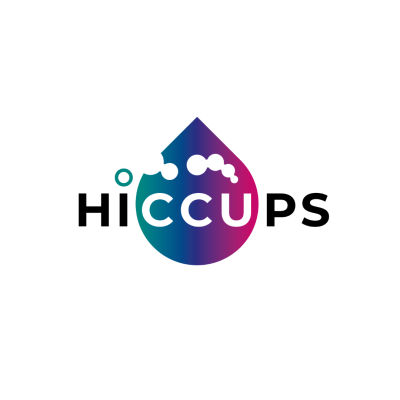
HICCUPS
Highly-Innovative technology demonstration for bio-based CO2 Capture and Utilization for production of bulk Plastic applicationS

Highly-Innovative technology demonstration for bio-based CO2 Capture and Utilization for production of bulk Plastic applicationS
HICCUPS proposes a resource-efficient way of capturing CO2 emissions from wastewater treatment plants and turning them into bio-based plastics for packaging. As well as being renewable and biodegradable, the plastics have excellent water and gas barrier properties and could be a replacement for fossil-based polyethylene. To demonstrate their potential, they will be used to make products such as paper cups, boxes for takeaway food and sealed plastic trays for perishable food.
The project will generate societal impact by raising awareness among policymakers and civil society and creating jobs in innovative fields. The carbon-capture potential of the technology will be assessed as a first step towards commercial-scale development.
The main objective of HICCUPS is to demonstrate a complete value chain – from CO2 capture to production of polymers for end-use. To achieve this, the project will:
optimise the capture and purification of CO2 from wastewater treatment plants;
develop digital tools for the design and application of the polymers;
produce the polymers from CO2;
demonstrate the application of the polymers in food packaging and plastic products;
confirm the carbon-removal potential, efficiency and environmental performance of the system;
assess the financial performance of the system and its implications for commercial scale-up;
share knowledge on the biodegradability and recyclability of the polymers, the carbon-removal potential of the system and the products and production processes.
HICCUPS is expected to:
increase the carbon-removal potential of bio-based systems – by 2038, the technology could be installed at 310 wastewater treatment plants, allowing the capture of 22 500 kilotonnes of CO2 a year;
improve the environmental performance of bio-based processes – the concept is expected to be almost climate neutral and the polymers and products will be fully recyclable;
raise public awareness of bio-based solutions;
support market uptake of bio-based solutions – HICCUPS will demonstrate three unique selling points for its plastics:
low production cost
sustainability
excellent barrier properties.